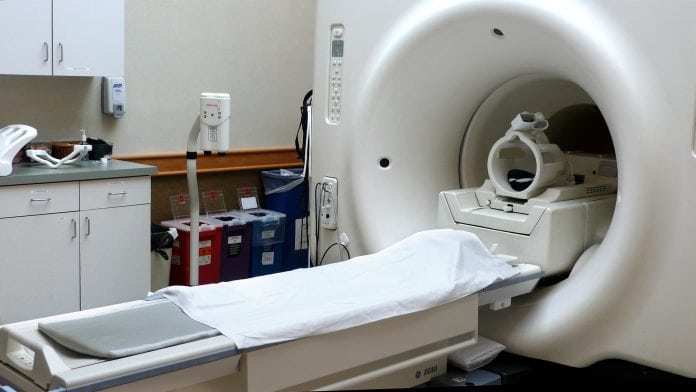
Research from the Karolinska Institutet, Sweden, has found a link between ADHD and emotional instability disorders in the ways that these conditions affect the brain.
In a study published in the journal Molecular Psychiatry, the team of researchers demonstrated that the brains of those with ADHD and emotional instability disorders (including borderline and antisocial personality disorder, as well as certain conduct disorders in children) exhibit similar changes in overlapping areas.
This means that these conditions and their symptoms should be seen as related, and should both be considered during diagnosis. In turn, this could lead to broader treatment options for both types of condition, the researchers expect.
How did the study determine that there was a link between the conditions?
The study undertook structural brain imaging of more than 1,000 adolescents, and found that in the cases of those with either ADHD and conduct disorder traits, brain volume was reduced, as was the surface area of the frontal lobe and nearby regions.
It has long been observed in clinical settings that many patients with ADHD also demonstrate emotional problems, including:
- Anxiety
- Depression
- Chaotic emotional responses
Despite this, the link between ADHD and emotional instability disorders has yet to be formally identified, but the new study demonstrates that these physical changes in overlapping areas of the brains of patients with these conditions could be the key.
What are the next stages for the research?
The researchers hope that by demonstrating the link between these conditions, better attention will be paid to both during diagnosis of conditions. Predrag Petrovic, an associate professor at the Department of Clinical Neuroscience at Karolinska Institutet, explained that this could be transformative to the care delivered to patients.
Petrovic said: “These results are important not least for the patients with emotional instability, since in many cases they are treated with scepticism and feel frustrated at not being taken seriously. We now show that this is related to changes in the brain that resemble those that have been observed in patients with ADHD, which can lead to a broader understanding and better diagnosis.”







